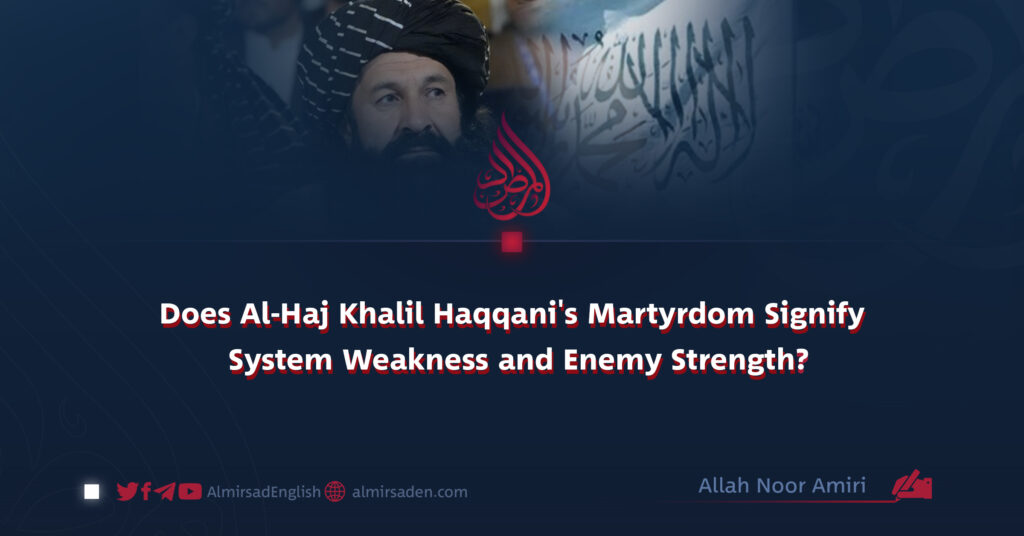Author: Allah Noor Amiri
It is evident that with the fall of the Republic, the Islamic Emirate of Afghanistan (IEA) extended its authority across every city, village, mountain, and valley of the country. It ushered in a peaceful atmosphere of unity, solidarity, and Islamic brotherhood across all segments of society. The people rejoiced in the defeat of global occupiers, and their hopes for national reconstruction and development were placed in the hands of courageous youths who rose from among them.
Without delay, the heroes of jihad and the battlefield proclaimed the establishment of a Sharia-based system under the white banner of the Kalima throughout the nation. This unparalleled Islamic governance emerged at a time when many believed such a system was impossible following the collapse of the last Caliphate.
Soon afterward, civil ministries were organized and began delivering services in an orderly manner. The rapid formation of a trained Islamic army, intelligence services, and police force commenced. Today, the country is safeguarded by a capable and disciplined military and security apparatus, defending its borders, cities, and rural areas with resolve and professionalism.
No group or individual dares to openly confront the established Islamic system or disrupt the prevailing peace. This widespread security and stability stand as key indicators of the system’s strength and legitimacy. Occasional incidents of targeted attacks do not reflect systemic weakness nor enemy superiority. Even in the world’s most powerful and advanced nations—such as the United States, Russia, and Japan—high-profile assassinations and security breaches occur despite massive defense budgets and extensive intelligence networks.
These countries, which have not experienced war on their own soil for centuries, are not seen as weak simply because such incidents occur. Why, then, should the Islamic Emirate—a system that humiliated global arrogance and expelled Western forces—be considered incapable of confronting the cowardly, faceless threat posed by ISIS?
Absolutely not.
The nature of the enemy reveals the reality. This adversary does not confront its opponents face-to-face on the battlefield. Its identity, numbers, and operational centers remain hidden. It lacks the intention and capacity to hold ground or establish lasting control after carrying out attacks. These attributes reflect a cowardly and dishonorable enemy—one that can inflict pain, but never pose a real threat to the foundations of the Islamic system.
Such attacks, though tragic, are neither evidence of the system’s weakness nor do they diminish the honor of our martyrs. Rather, they expose the moral and strategic bankruptcy of the enemy. It is our duty to continue neutralizing these threats to the best of our ability—without fear or hesitation.
The world, and especially neighboring countries, must draw lessons from the disgraceful defeat of America and its allies in Afghanistan. They should abandon all thoughts of sabotaging this unique and steadfast Islamic system. Efforts to achieve illegitimate intelligence or political goals in Afghanistan are bound to fail, just as all previous attempts did.
Let it be known: neither the martyrdom of Al-Haj Khalil Haqqani nor any future sacrifice will deter the Islamic Emirate from fulfilling its divine mission. The system remains strong, the path is clear, and the resolve of this nation remains unshakable.
